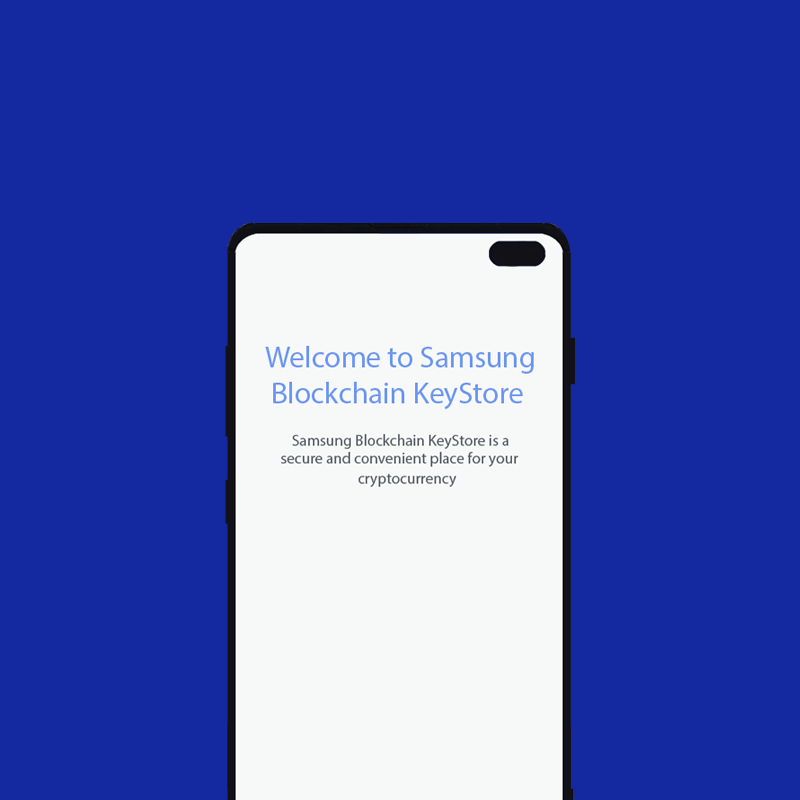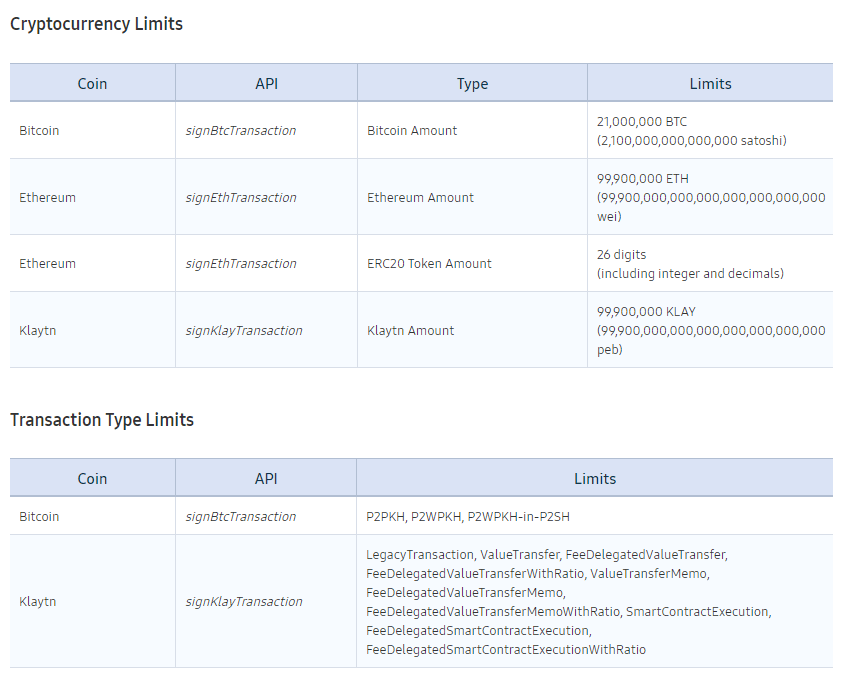
Bitcoin and blockchain wallets are two separate beings that should be together. But for Samsung, this wasn't the case.
When the South Korean conglomerate company released the flagship Galaxy S10 back in March 2019, the phone was launched with a 'Blockchain KeyStore', a private key wallet which offers cryptocurrency storage and transactions for Ether and ERC-20 tokens.
With more and more people are using cryptocurrency for either investment or for purchases, they demand a convenient way to store their cryptocurrency.
And here, private key wallets, like the Blockchain KeyStore, are vital to many decentralized apps (dApps) as well as for storing keys to cryptocurrency.
But the company excluded Bitcoin, the number one cryptocurrency by market cap, until this time.
Here, the company quietly released the software developer kit (SDK) for several S10 models (S10e, S10, S10+ and S10 5G), as well as the Note10 and Note10+ devices.
The SDK allows Android devices to link blockchain addresses to the Blockchain KeyStore, sign cryptocurrency transactions and also check the KeyStore status.
The SDK also include support for the Klay cryptocurrency from Klaytn blockchain, which was launched by Korean messaging app giant Kakao.
With this update, Samsung itself is listing 17 dApps in its KeyStore.

Blockchain KeyStore was first revealed earlier this 2019.
While most people would certainly expect Bitcoin to be the first on the list, they were definitely wrong. Samsung‘s Blockchain KeyStore was only compatible with Ethereum, and a handful of small-time ERC-20 tokens which in many cases doesn't have real world uses.
Bitcoin has nearly 70 percent of the cryptocurrency market by value, and Ethereum only has less than 8 percent. So Samsung in excluding Bitcoin at first, was received with many people's dismay.
However, from a business perspective, it makes sense that Ethereum support was added first. By accepting ERC-20 tokens, Samsung immediately opened its device to potential compatibility with thousands of Ethereum projects.
This was also to support previous reports, which suggested that Samsung was working on its own proprietary blockchain network, also powered by Ethereum.
By including Bitcoin, Samsung finally got everything together like it should, despite not in right (usual) order.
Despite the increasing demand and the mass adoption of cryptocurrency, Samsung's Blockchain KeyStore is restricted to only the Galaxy S10 phones and the Note 10 devices.
It’s also only available for owners in Canada, Germany, South Korea, Spain, Switzerland, the U.S., and the UK, at least initially.